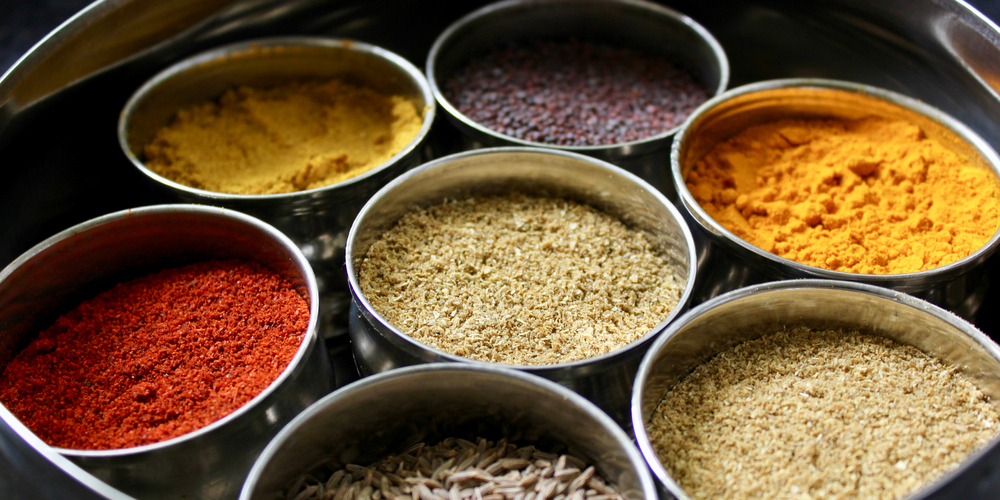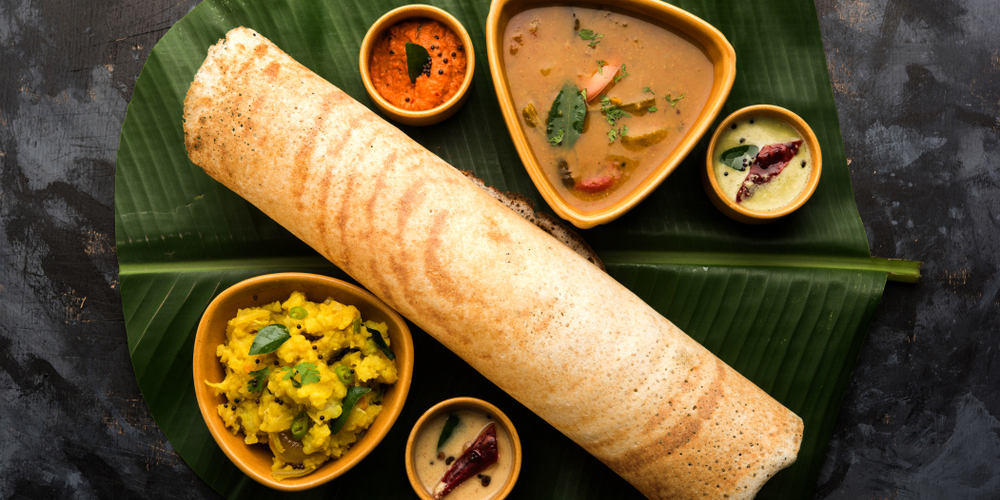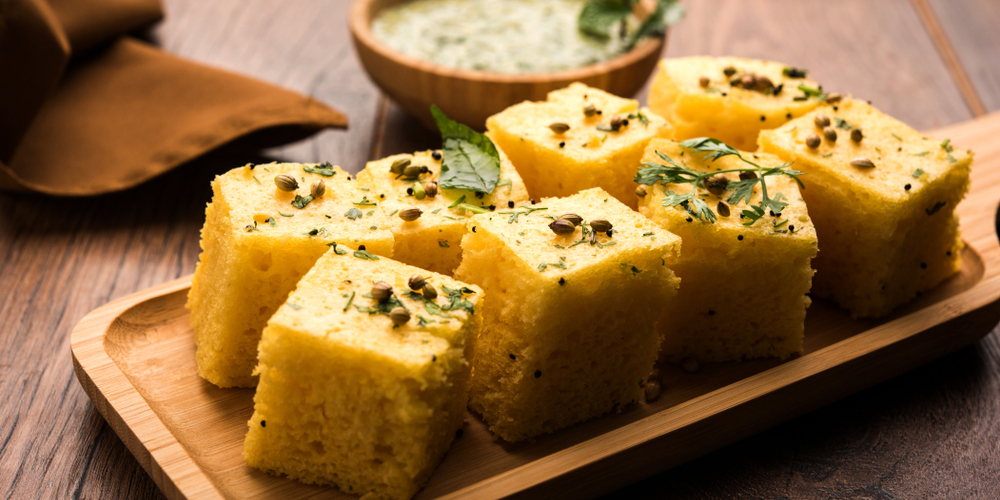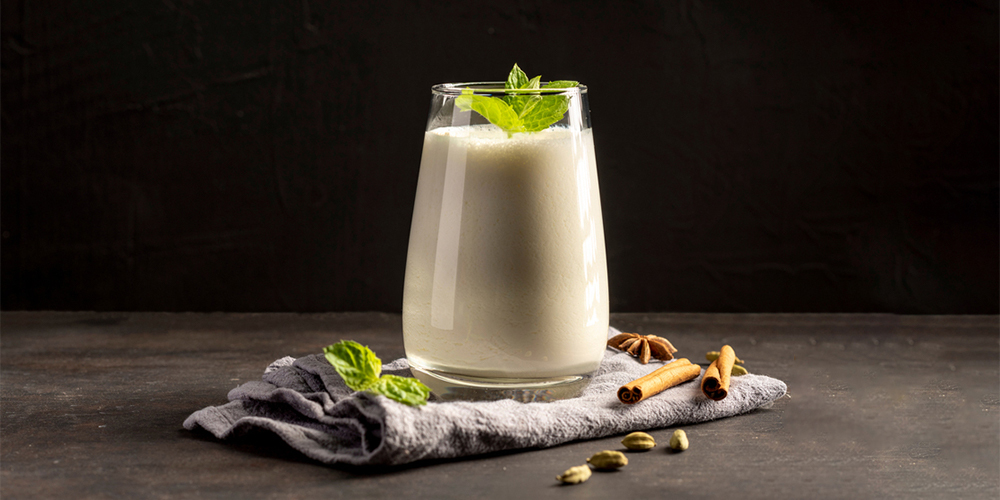Namaste Village Indian Restaurant

October 2, 2022
Welcome to the Namaste Village Indian Restaurant blog, where we bring you the flavours, traditions, and wellness of Indian vegetarian and vegan cuisine. In this post, we will delve into the fascinating connection between Indian vegetarian food and Ayurveda, highlighting the importance of this relationship and its relevance to those seeking a balanced and nourishing lifestyle.
Ayurveda, an ancient holistic healing system originating in India, emphasises the harmonious balance of mind, body, and spirit. Central to Ayurveda is the belief that food plays a vital role in maintaining this equilibrium. Indian vegetarian cuisine, with its diverse array of plant-based ingredients and Ayurvedic principles, offers a delectable pathway to well-being.

Food holds profound significance in Ayurveda, the ancient healthcare system from India. It is considered one of the pillars of health, alongside lifestyle and herbal remedies. In Ayurveda, food is not simply sustenance; it is a powerful tool for nourishing the body, mind, and spirit.
Unlike many modern dietary approaches that classify food as good or bad, Ayurveda recognises that the effects of food vary depending on an individual’s unique constitution, known as their prakriti. Therefore, an Ayurvedic diet is tailored to suit each person’s specific needs.
Ayurveda emphasises the importance of mindful eating. It considers not only what we eat but also how we eat, when we eat, and our state of mind while eating. These factors all play a role in our overall well-being. By incorporating mindfulness into our meals, we can optimise digestion, absorption of nutrients, and the overall experience of eating.
Let’s explore some traditional Indian dishes and their health benefits aligned with the principles of Ayurveda:
1. Dosa: A highly seasoned pancake made from rice and black gram, dosa is commonly found in South India. By incorporating ingredients like finger millet and horse gram, dosa’s nutritional value can be enhanced. Fermentation increases the protein content, making it more digestible and nutrient-dense, making it a recommended option for the elderly and children.

2. Dhokla: A probiotic breakfast food originating from Gujarat, dhokla is prepared by fermenting Bengal gram and rice. Lactic acid bacteria contribute to its sour taste and flavor enhancement. Fermentation increases the antioxidant properties of dhokla, making it beneficial for age-related and oxidative stress-induced degenerative diseases. It can be a suitable addition to the diet menu for diabetic patients.

3. Lassi: A traditional milk beverage enjoyed during the summer season, lassi is prepared by blending dahi (Indian yogurt) with water, sugar, salt, and spices. Spices like cumin seeds and coriander leaves reduce thirst. Lassi is considered a probiotic product due to the active cultures present, such as L. acidophilus and S. thermophilus. Bhang lassi, made with cannabis plant extract, is known for its health benefits in relieving digestive problems, skin-related issues, fever, and sunstroke, traditionally consumed during festivals like Holi and Shivarathri.

When we explore the rich culinary heritage of India at Namaste Village Indian Restaurant, we discover a harmonious marriage between Ayurveda and vegetarian gastronomy. Our dishes are thoughtfully prepared to incorporate the principles of Ayurveda, offering a holistic dining experience that supports overall well-being.
Discover the secrets of Indian vegetarian cooking and its connection to Ayurveda. Join our monthly cookery classes, held every last Sunday, where our skilled chefs provide live face-to-face demonstrations. Learn the basics of Indian cooking and unlock a world of flavor and wellness. Book your spot now for an enriching culinary experience. Private and group classes available in Norwich, Cambridge, and London. Don’t miss out on this opportunity to enhance your cooking skills and embrace the benefits of Ayurvedic cuisine. Reserve your place today!
